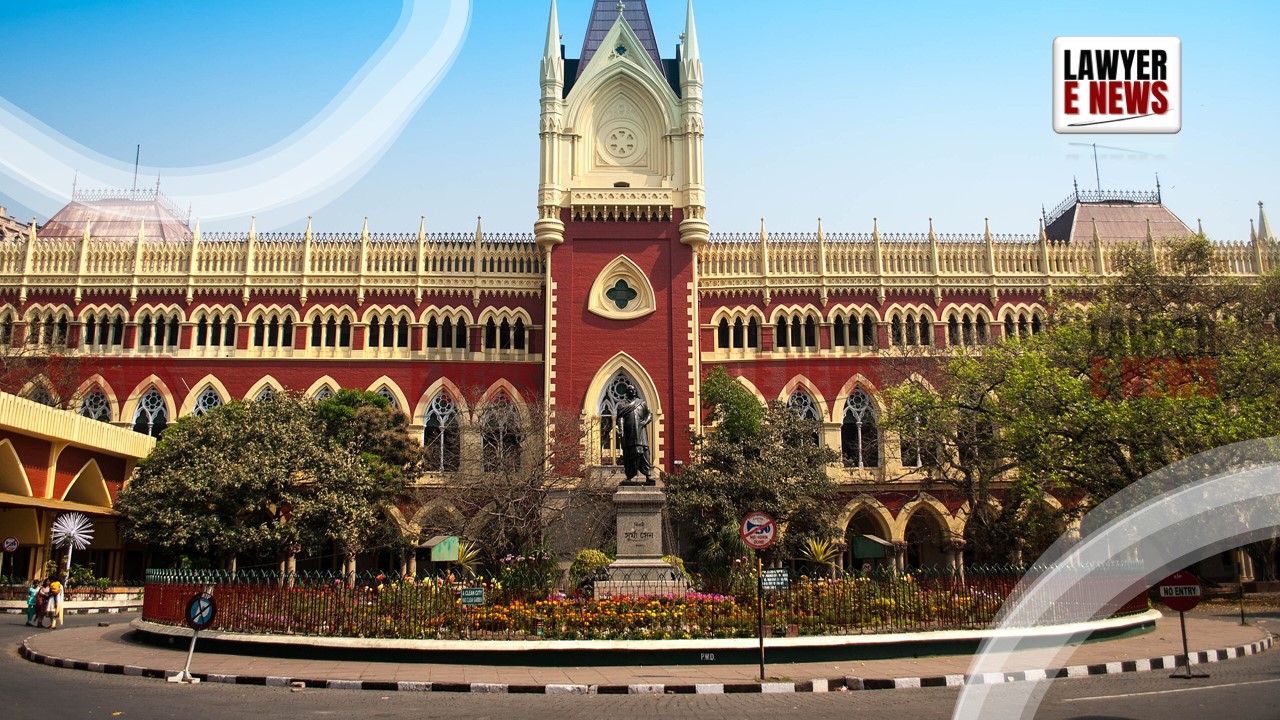-
by Admin
18 February 2026 2:25 PM



“There is nothing on record to demonstrate how the petitioners were responsible for or in charge of the conduct of business”— Calcutta High Court delivered a critical ruling where it quashed criminal proceedings initiated under Section 147(2) read with Section 147(1) of the Companies Act, 1956, against directors of the company. Justice Chaitali Chatterjee Das held that criminal liability cannot be fastened upon individuals solely based on their position as directors unless specific allegations indicate their role in the alleged offence.
“The learned Magistrate failed to apply his mind... there are no specific averments against the petitioners in the complaint.”
“Issuance of Process Without Judicial Mind Application Is Impermissible”—Court Slams Mechanical Cognizance
The Court noted that the complaint alleged non-compliance regarding the display of the registered office and omission of the Mumbai office address on correspondence. However, in issuing process, the Magistrate did not consider whether any of the accused were personally liable.
“A person ought not to be dragged to court merely because a complaint has been filed. There must be some material to show that the person was in charge of, or responsible for, the conduct of the business.”
Referring to the Supreme Court decision in Pooja Ravinder Devadasani v. State of Maharashtra, the Court reiterated that: “A bald statement that a person is a director is not sufficient to maintain criminal proceedings.”
“Limitation Cannot Be Overlooked in Routine Manner”—Complaint Held Time-Barred
The alleged offence occurred in 2004, and the Registrar of Companies recorded the violation on 24 June 2005, but the complaint was filed only in September 2006. The Court found no justification for this delay and pointed out: “Under Section 468 of the CrPC, a complaint for an offence punishable with imprisonment up to one year must be filed within six months. The delay in this case is fatal.”
The Court emphasized that even if the offence became known in June 2005, the complaint filed over a year later was beyond the permissible limitation period. It relied on the Supreme Court’s principle from Sarah Mathew v. Institute of Cardiovascular Diseases, which clarified that cognizance must be taken within the prescribed period from the date of knowledge.
“Vicarious Liability Must Be Founded on Role, Not Title”—No Evidence of Active Involvement in Business Affairs
A critical flaw in the prosecution’s case was the absence of any material showing how the petitioners—directors of the company—were responsible for the lapse. The Court ruled that mere reference to their designation is inadequate:
“Neither the complaint nor the materials placed demonstrate that the petitioners were managing day-to-day affairs or that the default was attributable to their acts or omissions.”
Holding that the Magistrate acted mechanically, the complaint was time-barred, and there was no material implicating the petitioners personally, the Court quashed the entire proceeding before the Metropolitan Magistrate, 10th Court, Calcutta, in Case No. C-9496 of 2006.
“There is no purpose in continuing a proceeding which is bound to fail and which ex facie appears to be an abuse of the process of law.”
Date of Decision: 8 May 2025
